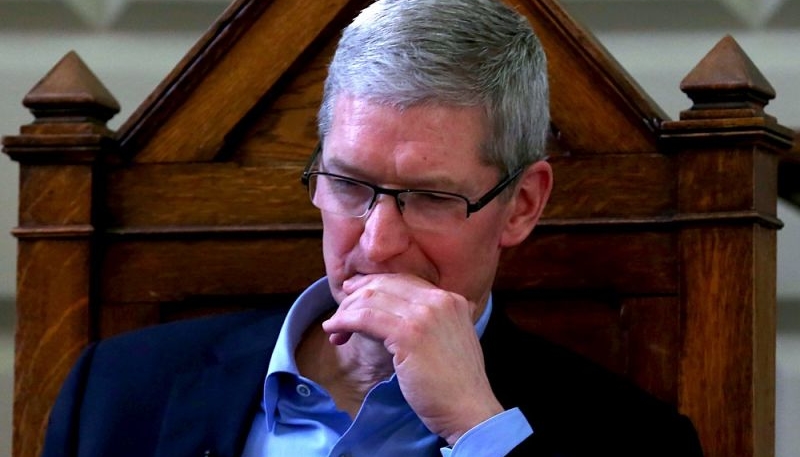As the Epic Games vs. Apple trial comes near to a close, Apple CEO Tim Cook took the stand. Cook testified about Apple’s business operations in China and its privacy policies. Some of the most pressing questions came from the judge presiding over the trial, District Judge Yvonne Gonzalez Rogers.
Gonzales Rogers pressed Cook on Apple’s sometimes tempestuous relationship with its developers. The judge referred to a survey conducted by Apple that indicated that 39% of its developers were dissatisfied with the company’s distribution. The judge asked Cook how Apple has any incentive “to address their needs.”
Cook replied that there was always some “friction” with developers, but that “friction is good for users because it lets them know it’s safe and trusted.” Gonzales Rogers replied that it “doesn’t seem you feel pressure or competition to change the manner in which you act to address concerns of developers.”
She also noted that that the bulk of App Store revenue and in-app purchase revenue comes from games, saying the gaming industry generates a “disproportionate amount” of revenue for Apple.
The judge asked if gaming apps essentially subsidize all the free apps in the store, such as banking apps, which don’t pay anything to Apple other than an annual developers membership. Cook replied that having a “large number” of free apps helps get more traffic to all developers.
Cook also faced questioning by Epic’s lawyer, who asked about Apple’s relationship with the Chinese government, pointing out that Chinese iCloud data is owned by a Chinese firm called GCBD. Cook was also queried about Apple’s cooperation with the Chinese government’s requests to remove apps from the App Store. Cook replied the company had an obligation to follow the laws of the countries where it operates.
Cook was also questioned about the company’s search engine deal with Google, with Cook claiming that he didn’t know the exact amount Google paid to be the default search engine in iOS, saying “that was probably a better question for them [Google].”
A line of questioning about the App Store and its revenues was then pursued, as it has become a central issue during the weeks-long trial.
The trial is now winding down, as closing arguments are slated for Monday. Judge Gonzales Rogers said a decision will take “some time,” but hopes to hand down a decision by mid-August.


